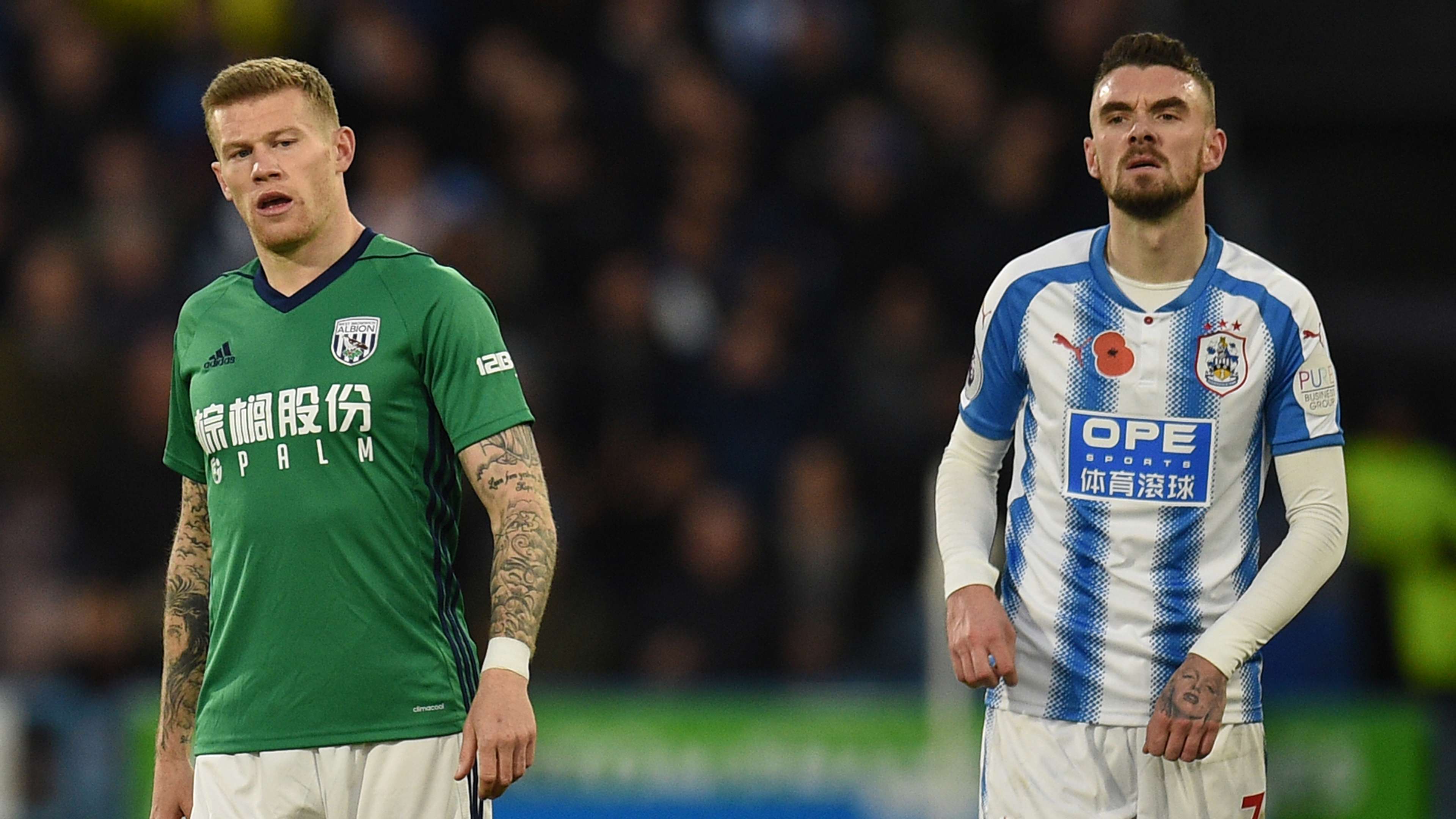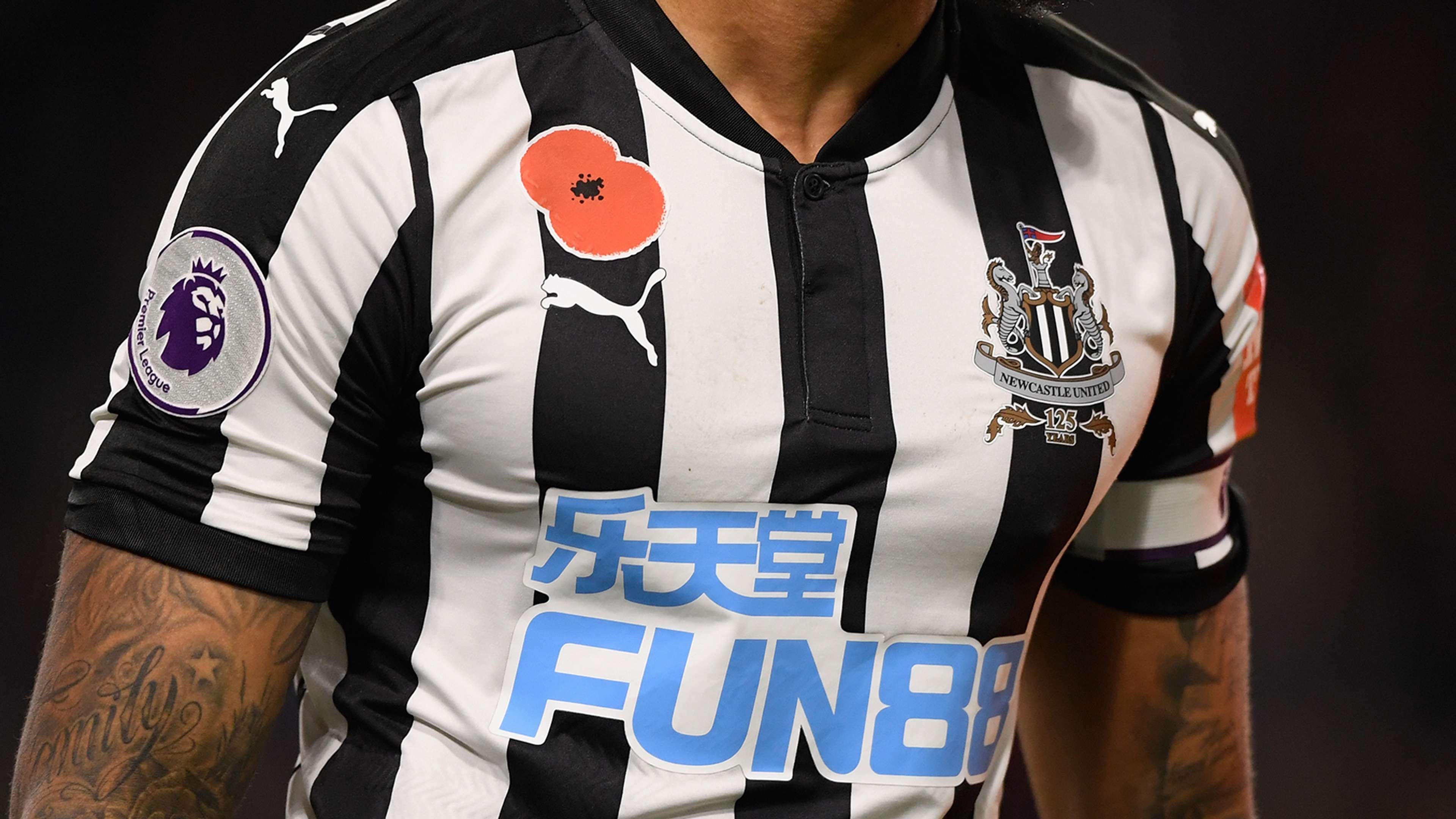Having the poppy flower sewn on football jerseys has become a tradition in the Premier League over the past several years, with the symbol a tribute to fallen soldiers from the First World War.
Footballers such as James McClean, however, who is Irish, have come out and refused to wear the poppy to mixed reaction – some hostile, and some ambivalent.
What is the meaning behind wearing the poppy, and why does it have so much significance within modern-day Britain? Goal takes a look.
What is the history behind the poppy?
In the aftermath following the First World War, the poppy flower became a unifying symbol of remembrance and commemoration of the soldiers who gave up their lives and filled the war zones of Northern Europe while representing their country between 1914 and 1918.
Since 2012, each Premier League club have had poppies sewn into their shirts during the month of November in the lead-up to Remembrance Day (November 11).
Next Match
The red flower of the poppy was specifically selected as a reference to the battlefields where the red flowers grew in abundance.
The special shirts are then auctioned as part of the annual Poppy Appeal organised by The Royal British Legion.
Why do some footballers choose not to wear a poppy?
Certain footballers choose not to wear poppies due to their national allegiances.
Republic of Ireland footballer James McClean was born and raised in the city of Derry in Northern Ireland and was brought up on Creggan estate, where six of the people killed on Bloody Sunday in 1972 came from.
Bloody Sunday was one of the most historically significant events of The Troubles conflict in the country, when British soldiers shot 28 unarmed civilians during a peaceful protest march.
McClean has decided against wearing the poppy due to the fact that the symbol represents and pays tribute to military personnel who have perished in the war – and not only soldiers who lost their lives in the First and Second World Wars.
He has refused to wear the poppy during his time playing in England, and abstained from wearing the poppy in previous games against Middlesbrough and Nottingham Forest.
 Getty
Getty
He stated: “I know many people won’t agree with my decision or even attempt to gain an understanding of why I don’t wear a poppy.
“I accept that but I would ask people to be respectful of the choice I have made, just as I’m respectful of people who do choose to wear a poppy."
Stoke had said they respected McClean's decision not to wear one, and said in the same statement: "As a Club we will be supporting the Royal British Legion’s Poppy Appeal by wearing the Poppy on our home shirt in the fixture against Middlesbrough on November 3 and on our away shirt in the fixture against Nottingham Forest on November 10.
"The club is proud of its close connections with the Armed Forces and have also invited members of the Armed Forces to join our remembrance at the Middlesbrough fixture.
“However, we recognise that the Poppy means different things to different individuals and communities and (like the Royal British Legion) do not believe that anybody should be forced or even pressured to wear the Poppy against their free will.
"James has informed us that he will not be wearing a Remembrance Day Poppy in our next two games. We respect his decision and his right to follow his own convictions.”
What has the reaction been towards players who refuse to wear a poppy?
Reaction towards players has been mixed – some respectful and some hostile.
McClean has said on previous occasions that while he does not expect everyone to understand his decision, he has asked for them to merely respect it – but has been the subject of boos from opposition clubs as well as fans of his own team.





.jpg?auto=webp&format=pjpg&width=640&quality=60)
.jpg?auto=webp&format=pjpg&width=640&quality=60)